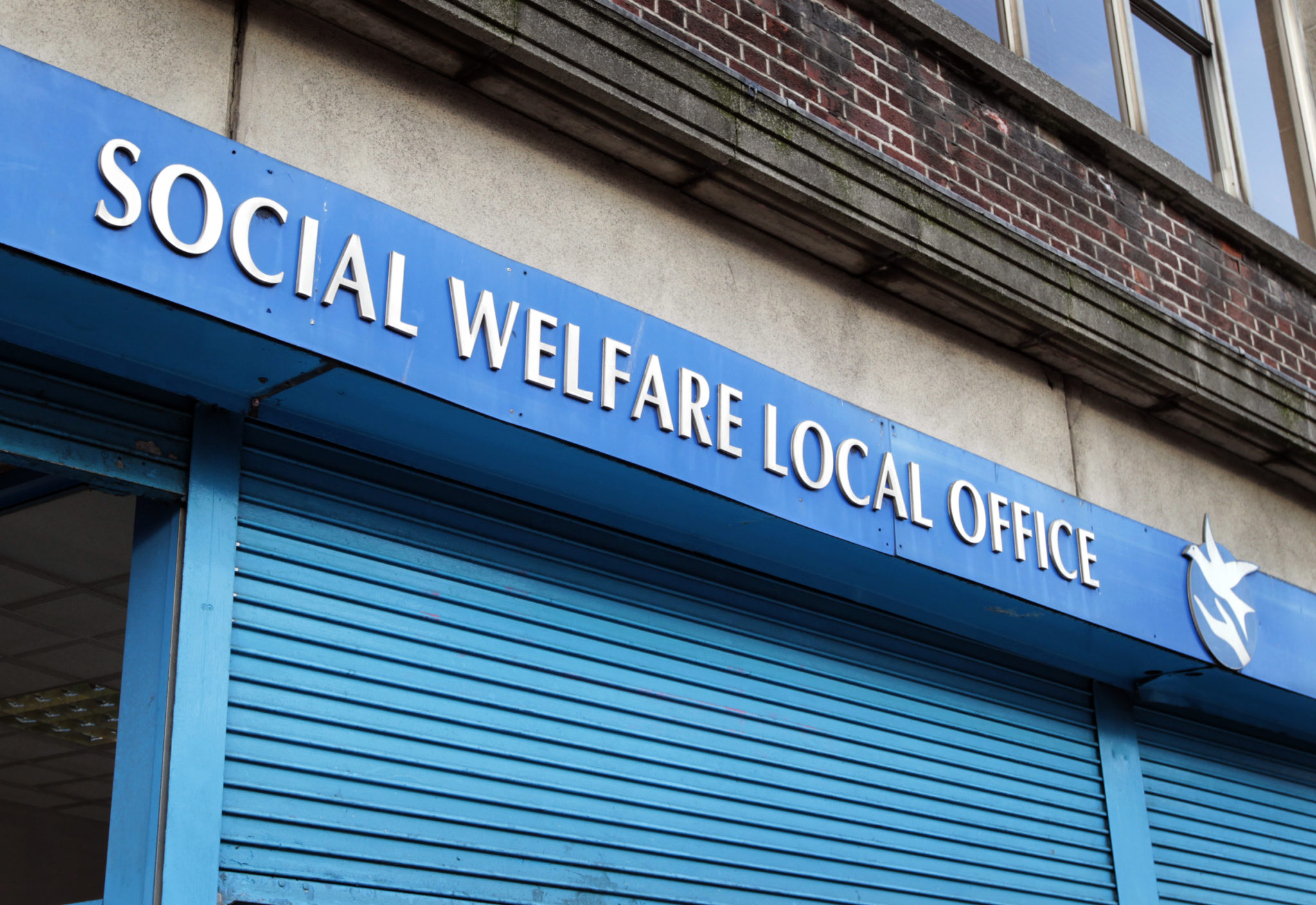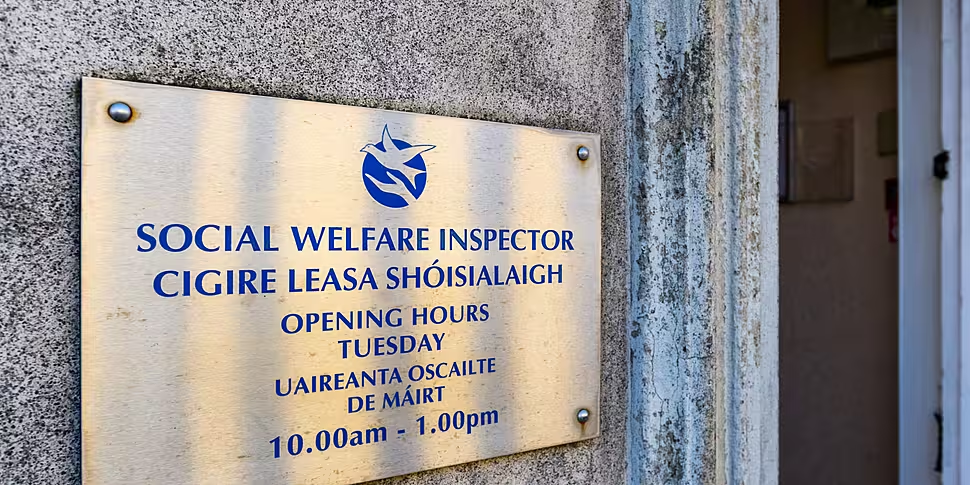Increasing social welfare payments by €8 a week would be a better use of public funds than another energy credit, Social Justice Ireland has said.
In Budget 2023, the Government announced that all households would receive three €200 energy credits that would be automatically deducted from their bill.
The measure was brought in to help tackle the soaring energy bills but Michelle Murphy, Social Justice Ireland’s research and policy analyst, believes that the State should have spent the cash on helping the poorest in society instead.
“Those who are most impacted by the increasing cost of living are in the bottom 20% of income distribution,” she told The Hard Shoulder.
“So, they’re vulnerable groups - they’re one parent households, they’re pensioner households, people with a disability and those who are unemployed.
“If you’re going to support those households, what they need is adequate income support because really this is an issue of inadequate incomes and the best way to do that for those vulnerable households is to look at core social welfare rates.”
€1.2 billion has already been allocated to spend on energy support payments and the Government is reportedly considering a fourth.
However, Social Justice Ireland objects that the credit will also be deducted from wealthy households’ bills as well.
“We have pointed out there’s a far better way of using a significant amount of money - the ERSI have pointed this out as well, the OECD have questioned the universal element of this,” she said.
“We welcome any additional cost of living support then they need to look at targeting those who are most in need and increasing core social welfare rates by €8 [per week] is the best way for households for targeted income support for households who are struggling.”
 Pictured is the Social Welfare Office on Thomas Street, Dublin. Photo: Mark Stedman/Photocall Ireland
Pictured is the Social Welfare Office on Thomas Street, Dublin. Photo: Mark Stedman/Photocall IrelandFine Gael Senator Barry Ward countered that the Government had introduced a number of targeted social welfare measures - such as a double child benefit payment and an additional €400 for people on the fuel allowance - but that most people in receipt of the energy credit needed it too.
“The Government’s job is to look after people across the spectrum,” he said.
“We did increase social welfare rates by €12 per week and that was done specifically with the kind of thing that Michelle is talking about in mind.
“It’s not to suggest that people who aren’t on social welfare aren’t also feeling the pinch - there are very few households in this country that have unlimited resources to deal with the cost of living.
“So, it’s entirely appropriate that those households that may be better off but are still facing the pinch - would still receive the energy credit.”
Main image: A social welfare office. Picture by: Alamy.com









